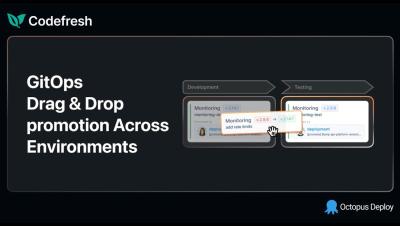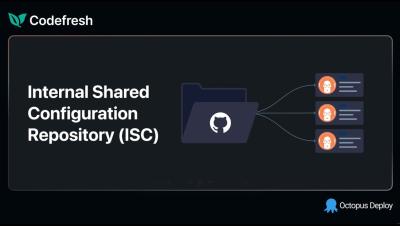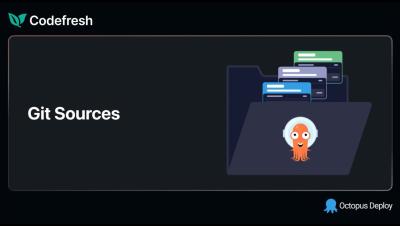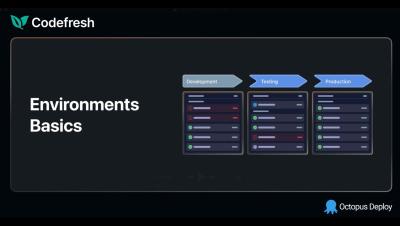Operations | Monitoring | ITSM | DevOps | Cloud
Codefresh
Argo Unpacked
Master Argo CD with our new live show, Argo Unpacked, hosted by Dan Garfield and Revital Barletz. Suitable for everyone, from beginners to advanced users, we'll cover practical use cases, new features, and live Q&A to help you get the most out of Argo CD.











